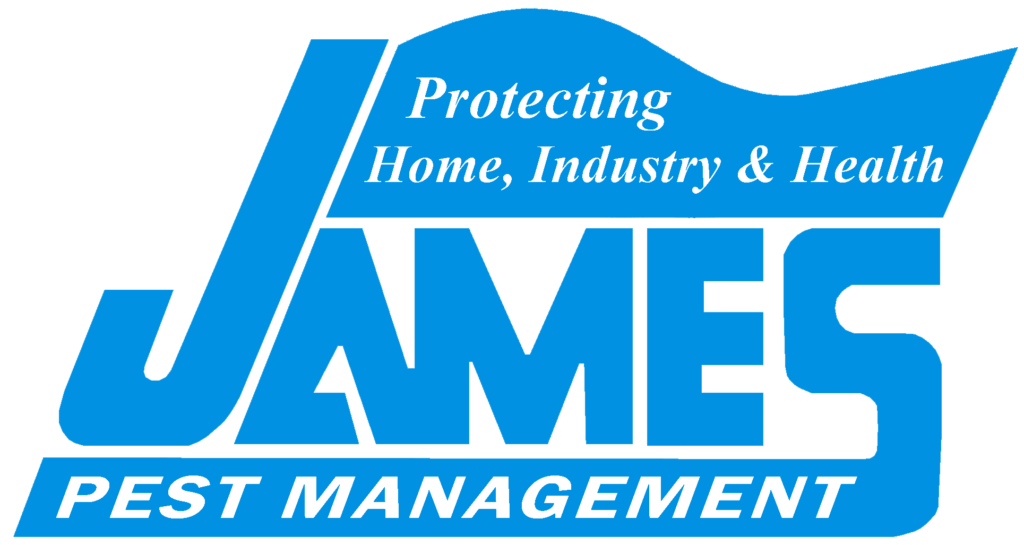How To Prepare For A Commercial Pest Control Treatment
If you’re a business owner, it’s important to be proactive about pest control. Here are some tips on how to prepare for a commercial pest control treatment, what to do during the treatment, and what to do afterward. You’ll also learn how often you should have a treatment and some questions to ask your exterminator. Finally, we’ll give you some tips on avoiding pests in your business.
What to do before the pest control treatment?
If your commercial property is infested with pests like termites, it’s necessary to take action before the pest control treatment. Otherwise, you risk the chance of the treatment being ineffective. First, identify all the areas where pests are active. This includes looking for droppings, nesting materials, and damage to food packaging. Once you’ve identified these areas, clean them thoroughly. This will help to remove any lingering pests and make it easier for the treatment to target the infestation. Next, seal any cracks or holes that pests could use to enter your commercial property. This will help to prevent any new infestations from taking hold. Finally, make sure to keep food storage areas clean and free of clutter. By taking these steps, you can make sure that your commercial pest control treatment is as effective as possible.
What to do during the pest control treatment?
First, you’ll need to vacate the premises. This will allow the exterminator to work without interruption and keep you safe from any chemicals that may be used. Make sure to leave all food and pet food behind, as well as any toys or objects that could be contaminated. Once you’ve vacated the premises, the exterminator will begin the treatment. This usually involves spraying a chemical solution around the perimeter of the property. During the treatment, the pest control technician will apply a chemical solution to surfaces where pests are known to congregate, like baseboards and corners. They may also use baits and traps to attract and capture pests. This may include vacuuming any areas that have been treated and avoiding activities that could disturb the treatment, like walking on treated surfaces. By following the pest control technician’s instructions, you can help to ensure that the treatment is effective and that your commercial space remains pest-free. Once the treatment is complete, the exterminator will usually provide you with a list of instructions on what to do next. Make sure to follow these instructions carefully to ensure the best possible results.
What to do after the pest control treatment?
After a commercial pest control treatment, it is helpful to take some simple precautions to avoid exposing yourself or your family to any chemicals that may have been used. First, be sure to ventilate the area where the treatment took place. Open windows and doors to let fresh air in and speed up the dispersal of any residual chemicals. Second, avoid coming into contact with any treated surfaces until they have had a chance to dry completely. If you must touch a treated surface, be sure to wear gloves or wash your hands thoroughly afterward. Finally, keep an eye out for any potential side effects from the treatment, such as skin irritation or difficulty breathing, and seek medical help if necessary.
There are a few things you can do to help ensure the treatment is successful. First, make sure to keep all food and water sources covered. This will prevent pests from being able to access these key resources. Second, seal any cracks or holes in your walls and floors. This will help to prevent pests from entering your home. Finally, continue to monitor your home for signs of pests.
How often should you have a commercial pest control treatment?
Commercial pest control is an important part of keeping your business safe and healthy. Pests can spread diseases, contaminate food, and damage property. They can also be a nuisance to customers and employees. While the frequency of treatments will vary depending on the type of business and the level of infestation, most commercial businesses should have a treatment every three to six months. This will help to ensure that any existing pests are removed and that new pests are prevented from entering the premises. In some cases, such as businesses that handle food, it may be necessary to have more frequent treatments. If you are unsure how often your business should have a commercial pest control treatment, be sure to consult with a qualified pest control professional.
Hiring a commercial pest control company is a big decision. After all, you are trusting them to come into your business and get rid of pests that are bothering you and your customers.
Here are a few important questions to ask when vetting commercial pest control companies:
- How long have you been in business? Pest control is a complex field, and you want to make sure you’re working with a company that has the experience and knowledge to safely and effectively solve your problem.
- What kind of pests do you specialize in? Different exterminators have different areas of expertise. Some may be better equipped to deal with certain types of pests than others.
- How will you carry out the treatment? There are a variety of pest control methods, and you want to make sure the company you hire is using a method that is safe for your business and effective against the pests you’re dealing with.
- What are your rates? Be sure to get a few quotes from different companies before making a decision.
- Can you provide references? Talking to other businesses that have used the company’s services can give you a good idea of what to expect.
By asking these questions, you can help ensure that you hire a reputable and qualified commercial pest control company.
Tips for avoiding pests in your business
Pests can pose a serious threat to businesses, causing damage to property and potentially posing a health hazard to customers and employees. Unfortunately, commercial premises are often attractive to pests such as rats, mice, and cockroaches, which can be difficult to control once they become established. However, there are a number of things that businesses can do to deter pests and reduce the risk of infestation. Regular cleaning and good housekeeping practices help to make premises less appealing to pests while proofing against rodents and sealing up cracks and crevices can help to keep them out. Pest control products such as traps and baits can also be effective in managing populations, but it is important to use them safely and in accordance with the manufacturer’s instructions. By taking these simple steps, businesses can help to reduce the risk of pests becoming a problem.
Looking for a qualified and reliable commercial pest control company? Look no further than James Pest Management. We have been providing quality pest control services to businesses of all sizes for over 30 years.
We specialize in the treatment of a wide range of pests, including rats, mice, cockroaches, and bed bugs. We use only the latest and most effective pest control methods, and our rates are highly competitive.
For a free quote, please fill out the form – https://jamespestmanagement.com/get-in-touch/. We look forward to helping you keep your business pest-free!

